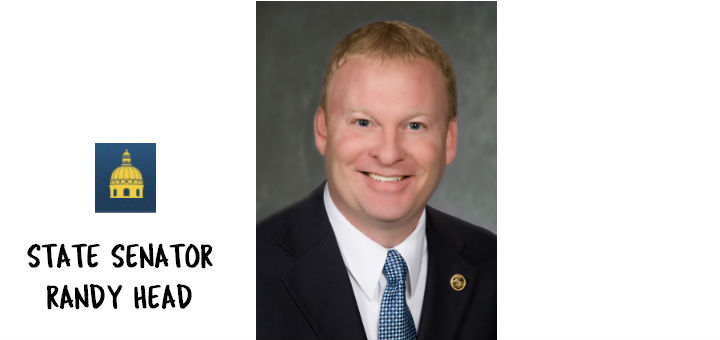STATEHOUSE – State Sen. Randy Head (R-Logansport) said three bills he authored that are a result of the work of the Task Force on Substance Abuse and Mental Health, which he co-chairs, passed the full Senate today.
The Task Force, which discusses ideas, hears testimony and develops ways to address issues concerning treatment and resources for children in need of mental health and substance abuse services, is made up of practitioners in mental health, social work, law enforcement, government and substance abuse rehabilitation fields around Indiana.
“The Task Force is a talented, dedicated group of individuals, and it is because of their hard work that this legislation passed the full Senate,” Head said. “Each of these bills work to address an important issue facing Indiana. If passed by the House and signed by the governor, they could all have a great impact on our community and state.”
Senate Bill 224, which would make it easier for clinicians serving families to obtain a license, passed by a vote of 49 to 0.
Under current law, mental health counselor and mental health counselor associate applicants must complete 1,000 hours in a counseling setting through a clinical practicum, internship or field experience to receive a license. At least 100 of the 1,000 hours must include face-to-face supervision.
SB 224, however, would require them to complete only 700 hours in a counseling setting through a clinical practicum, internship or field experience, and only 66 of the 700 hours would require face-to-face supervision. Plus, up to 50 percent of the supervised hours may be virtual supervision.
Senate Bill 225, which would require licensed health care practitioners to receive opioid prescription and abuse training, passed by a vote of 49 to 0.
Under SB 225, if a licensed practitioner applies for registration or re-registration, he or she must have completed two hours of continued opioid prescribing and opioid abuse education during the previous two years.
Senate Bill 230, which works to educate emergency medical technicians and school employees on suicide awareness, passed by a vote of 49 to 0.
Under the bill, emergency medical technicians would be required to complete a research-based training program on suicide assessment, treatment and management, and teachers and other school employees would be required to complete at least two hours of a research-based youth suicide awareness and prevention training.
SB 224, 225 and 230 will now move to the House of Representatives.
SOURCE: News release from Senator Randy Head
